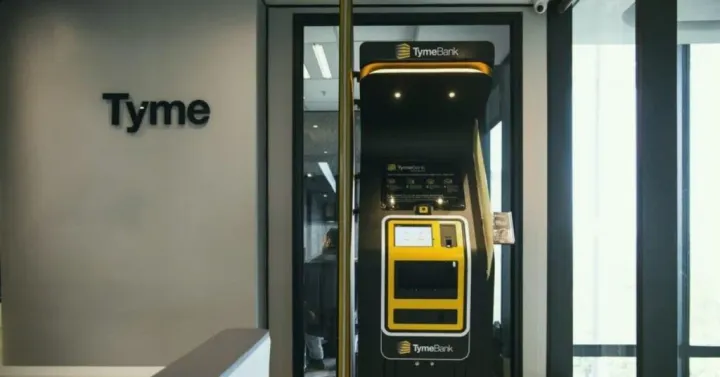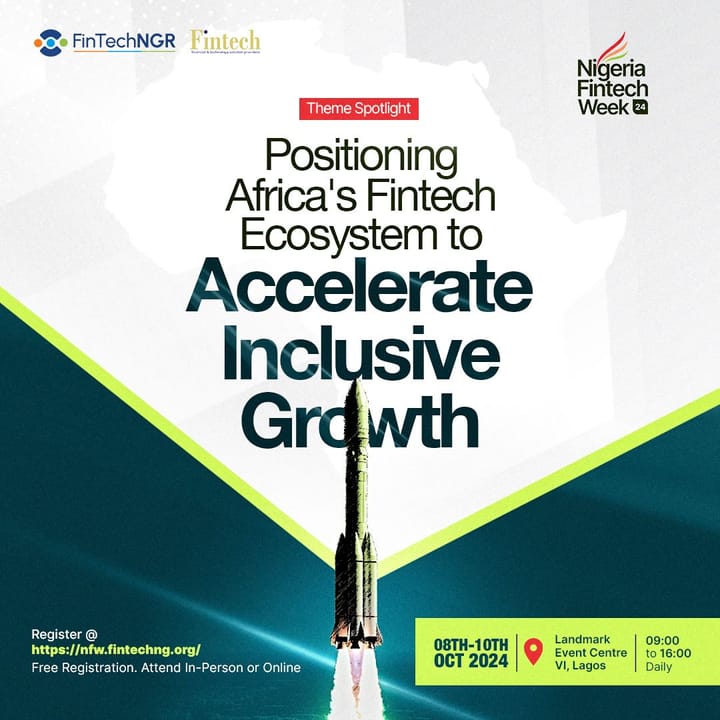Level Up: Are you a toxic genius?
What is wrong with being a genius?

I’ve never owned or ran a YouTube channel, but I can imagine the effort it takes to build one. Yet, for someone like Cristiano Ronaldo, it’s a walk in the park. His YouTube channel hit 10 million subscribers in just 24 hours. To put that in perspective, it took MrBeast, the world’s top YouTuber, 132 days to reach the same milestone.
Even if he’s not the GOAT on the pitch, he is on YouTube😜
TOXIC GENIUSES VS UNDER-PERFORMERS
An interesting conversation came up on X this week, and no, it’s not software developers getting dragged this time; it’s toxic geniuses.
In case you’re wondering which people are being referred to as toxic geniuses here
If you’ve ever watched Suits, a popular legal drama series, Harvey Specter embodies the idea of a toxic genius. After becoming the youngest ever senior partner at the law firm, he became unaccountable and only took on cases he felt like taking, sometimes defying instructions from the head of the firm who also doubled as his career mentor, but he was undeniably good at being a lawyer and almost never lost any case.
But the argument is if you’re better off having under-performers in your team over toxic geniuses.
Interestingly, Simon Sinek, a well-known author and motivational speaker, shares a similar perspective. In this short video, he explains that most organisations prefer someone who performs at an average level but is highly trustworthy and reliable over someone with exceptional skills who lacks reliability. As a tech professional, this is an important lesson to take to heart.
So, let’s briefly talk about how you can become a trustworthy and reliable person in your career.
- Follow through on commitments: Reliability starts with doing what you say you will. Don’t make it a habit to consistently fall short of deadlines. Set realistic deadlines for tasks and make sure to meet them. Over time, this will make your colleagues or superiors see you as someone they can trust to deliver.
- Communicate properly: Sometimes it’s possible to underestimate a task, and it ends up taking you longer than expected. In such scenarios, be quick to communicate and graciously ask for more time. Honest communication increases trust.
- Take responsibility: Own your work, including mistakes. If something goes wrong, don’t be quick to deflect blame. Acknowledge it, apologize, learn from it, and try to correct the mistake if you can.
- Be open to feedback: Don’t be afraid to admit you don’t know something, and listen to constructive criticism without becoming defensive. This shows you value other people’s perspectives and are committed to self-improvement.
While being a high performer opens doors to career opportunities, soft skills like trust and reliability will help you build and sustain a successful career. Why settle for one when you can have both?
Tech News: More companies want employees to return back to the office
It seems companies are increasingly shifting toward onsite or hybrid work models instead of fully remote setups. This week, the CEO of Nothing, a tech company born during COVID, mandated all employees to return to the office, arguing that remote work hinders collaboration and innovation across teams.
Even Zoom, the pioneer of remote work during the pandemic, has asked some employees to return to the office. Roblox, a company specialising in virtual experiences, did the same last year. Likewise, Meta, Amazon, and Google have all recently scaled back their remote work policies.
Does returning to the office truly increase innovation?
Poll of the week
Today’s poll is already live on our page. Join the poll here.
What We Are Looking At
- The best teams have this secret weapon: Adam Grant talks about how humility can be a source of strength in his short ted talk.
- How the “4 types of luck can enrich your work-life: Learn how you can increase your chances of being “lucky” in your career.
Resources and Opportunities
- FCMB AgriTech Hackathon: You stand a chance to secure grants, mentorship and partnerships for your business in this six months program.
- Design in a Box: A product design resource bank
Random Dump
Would you mind?
Startups Hiring Now
- FullStack Software Engineer at Reliance Health
- Email Marketer at Pandora
- Fullstack Engineer (Backend) at Earnipay
- Finance Intern at Codelab LLC
- Brand Designer at TopSet
- Facebook and Google Ads Specialist at Kalia
- Brand Designer at Kalia






